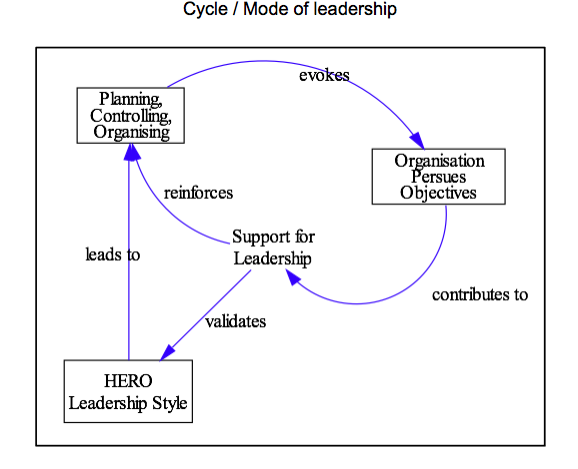This is part 1 of a 5 part series of posts about different aspects of an organisation which may not be immediately visible, formally recognised or even consciously understood. I like to think of it as ‘The Secret Organisation’.
The concept of this secret organisation occurred to me many years after I had completed my MBA thesis based on action research done in various companies that had merged but were struggling to realise the gains that they all believed were possible with their joining of resources and knowledge.
Part 1 therefore starts at some of the findings and groundwork done when viewing the leadership effectiveness in an organisation.
When we have done research into leadership styles we have often detected a dismissive attitude towards the employees by a management team. The attitude is often subtle and nuanced by language and other actions. The management team have an opinion that they know what is right for the organisation and that they, exclusively, must lead this organisation.
Whilst wanting to lead is not a bad thing, Peter Senge explains this as “the myth of the hero-leader” – a shared story that leaders are the few special people blessed with the capability for command and influence. Their mix of skill, vision, ambition and charisma are exactly what made them these leaders. The “Hero-Leader” myth is often reinforced within organisations as the management team looks towards the leaders to lead them. Research has shown that in many successful businesses a driving business influence is LEADERSHIP EFFECTIVENESS.
April, Macdonald and Vriesendorp show how leadership has evolved over the decades. When looking at the role of the leader in the 1940’s through to the 1980’s, leaders were responsible for planning, controlling and organising. Towards the end of the last century the role of the leader has changed significantly, albeit in a minority of large corporations, to that of steward, teacher, designer, catalyst. This transition from solving problems to creating environments in which to solve problems is a product of the change of perspective modern business has. Previously, business was very encapsulated in the Newtonian, machine aged thinking and now as Quantum theory starts to become more acceptable, the old realities of management through this new lens becomes more blurred (April, Macdonald, Vriesendorp.).
From this we can see that the type of leadership will determine what actions the leaders take. This action is reacted on by the organisation and reflected in the actions of the organisation, thereby further entrenching and supporting the management style. The figure below shows how this dynamic is a reinforcing loop.

In contrast to the ideas of empowerment, and enrichment, Abraham Maslow talks about the notion that everything springs from the individual’s own character structure. Authoritarian characters, confronted with human relations principles based on all sorts of beneficial and benevolent assumptions, would consider a manager or leader weak in the head and at the very least sentimental and unrealistic. Maslow contends that authoritarian people may need to be broken a little before they can assimilate kindness and generosity.
It may seem unjust to pit the sentiments of the post World War America against today’s empowerment strategies, but it does have some bearing. In order to understand the current situation that many company management teams find themselves in, it is useful to know where the roots of their culture and thinking may come from. Many companies are seeped in tradition and history, run by traditional leaders or owners who have had to be the charismatic leaders. Many management teams today are still the same core of people that supported this leader in the earlier years.
So, is a dramatic change or realignment of leadership style necessary to contend with modern demands on organisations? At Olive Professional Services we are now researching this question to find some suitable way to address each individual leader in the context of their company and environment.
The next article Part 2 – How Does Language Affect Your Organisation? continues to explore more elements in our ‘Secret Organisation’
